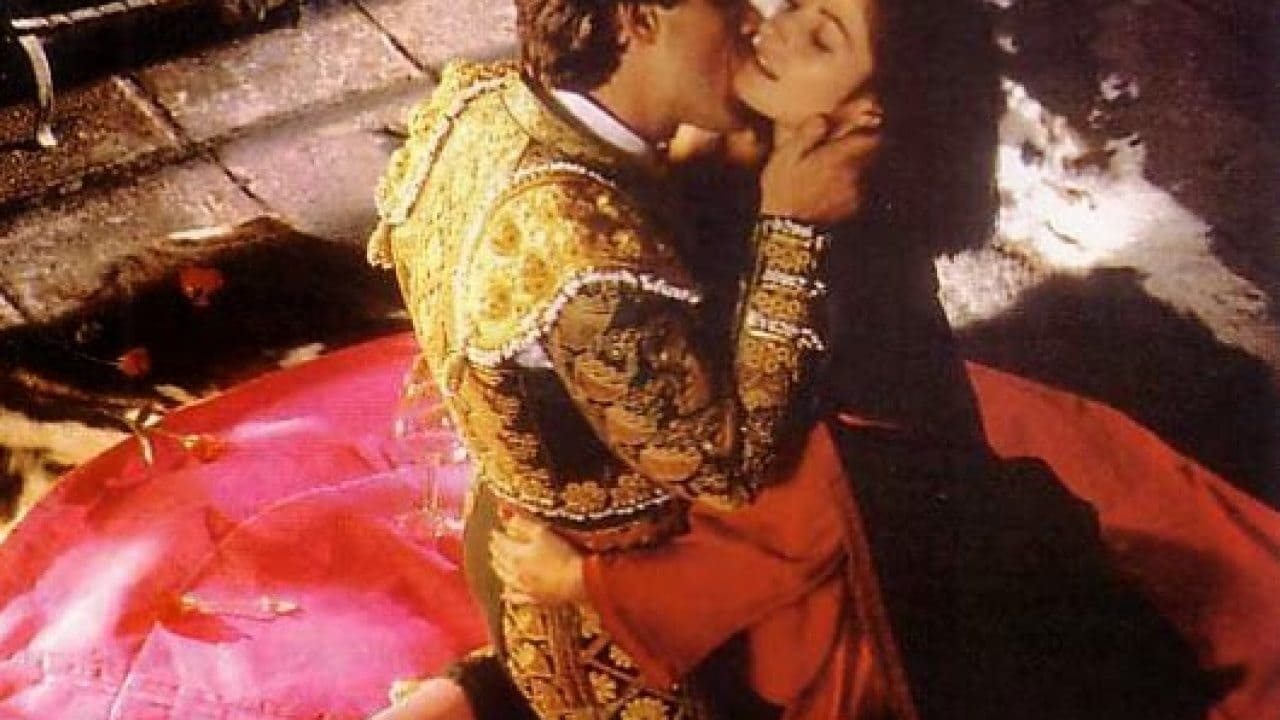

Diego Montez is a former bullfighter obsessed with videos of violence. Ángel (Antonio Banderas) is one of his students and vows to prove that he's no fag. He tries to rape his neighbor and Diego's girlfriend Eva Soler. With his religious mother's prodding, Ángel confesses the rape to the priest and then to the police. Eva refuses to press charges and then Ángel confesses to murders. He leads the police to the bodies buried near Diego's home. They don't believe him with his fear of blood and an apparent alibi for one of the murders. María Cardenal takes the case as his defense attorney although she is the one who is seen doing one of the killings earlier in the movie. It's a tale of perverse sexual obsessions and murders.The story telling can be confusing with this Pedro Almodóvar film from his earlier days. It's a young fresh-faced Antonio Banderas and he's quite magnetic. It would have been great to have Banderas as the only main lead and dive into his confused maddening mind. Almodóvar is doing some sexually twisted things. It's pushing the edges of the envelop. It simply needs to be clearer and the more Banderas the better.
... View MoreI was very much surprised and shocked by how much I enjoyed this film, which at times to me ventures dangerously close to what I would call a "snuff film." The story follows the character of a retired matador who murders women for his sexual pleasure, videotaping them so that he is able to pleasure himself later on when he watches them. He eventually meets his match in another character (a lawyer) that is just as murderous and played by Assumpta Serna. The film is actually wonderfully acted and photographed throughout. The film is crazy, sexy, outrageous, and at times very much shocking. The storyline, which includes the wonderfully mad and sexy Antonio Banderas, having visions of these murders, makes so little sense, but in the long run doesn't really matter. Beyond the overtly sensationalistic pleasures that go on - there is a sharply perceptive insight about how people enjoy looking at and even causing the violence. I would point out that the focus on bullfighting is not a critique of the sport per se, as much as an opportunity to have a conversation of the darker side of human nature.
... View MoreThe NFT in London are currently holding an Almodovar season - what else would pseuds do - and the best you can give it is that at least it's not New Voices From The Rain Forest: Some Recent Films From Jivaro Directors, which is probably scheduled for Next year. Having failed to 'see' anything in Almodovar's recent titles I thought perhaps his earlier titles would have something going for them. Alas, I have to conclude not much. His first film, screened last week, and this one from six years later are apparently based on the theory that if it's outrageous enough it will be good. T'ain't so, honey, t'ain't so. This time around we have a Black Widow spider of a lawyer who kills her partners at the moment of orgasm, an ex-matador who likes his girl friend to pretend to be a stiff every time HE gets stiff, a 'psychic' virgin with a penchant for confessing to serial killing, etc, put them together and what do you get? Bibbety-Bobbity-Poo or pretentious crap, whichever's the greater. If it's a choice between this and being force-fed ALL the Carry On titles whilst Elton John brays from a speaker system I know which I'd choose.
... View MoreThis is an excellent film, and adds to the great collection that Almadovar has created. If you aren't disturbed by gratuitous sex and violence, then you should definitely give this a try. The characters introduced mimic the screenplay and directing perfectly. One of the most creative plot lines ever; includes a matador with some sort of death fetish, a necrophiliac, a matador in training who faints at the sight of blood, and many more great characters which lead to sickly hilarious scenes. The camera work is also mind blowing. The different levels Almadovar reaches with the cinematography will make this a movie to remember. But be warned. If you are disturbed by a Clockwork Orange Don't rent this one.
... View More